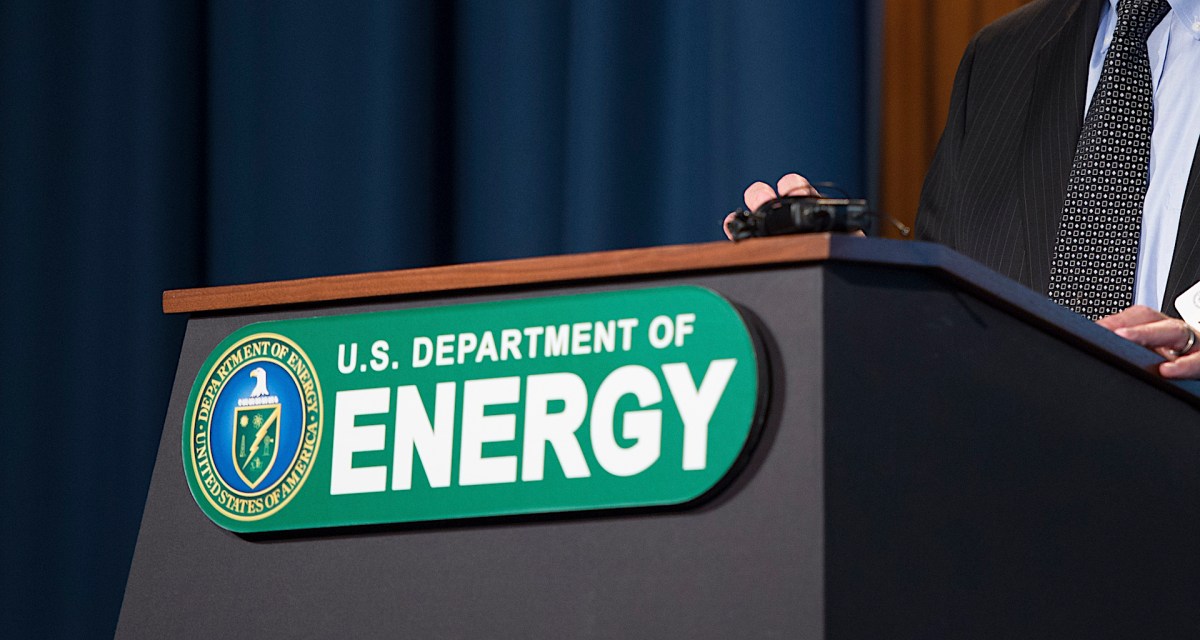Watchdog says DOE needs to improve data analytics, take steps to adopt AI

The Department of Energy has to invest in and establish enterprise-wide data analytics to mitigate risk better and take action to begin implementing artificial intelligence capabilities in its Office of Intelligence and Counterintelligence, two Office of Inspector General reports this week recommended.
In a report made public Monday, the OIG reported that DOE does not use an enterprise-wide approach for examining risks, and instead looks at risks in a “fragmented fashion” through aggregating risks identified by each “element,” which comprises field and headquarters organizations. This approach, according to OIG, enables information gaps that create inefficiencies in identifying, tracking and responding to risks in DOE.
In a separate report released Thursday, OIG said that under the Intelligence Authorization Act of Fiscal Year 2023, DOE has only fulfilled one of 13 requirements regarding the use and governance of AI, violating statutory responsibilities. Some of these include implementing policies related to the use of AI capabilities, developing guidance for certification of information technology or software systems, and drafting a potential policy to promote intelligence community-wide use of code-free AI enablement tools.
The data-focused report stated that “a focus on coordinated integration and enterprise-wise use of data analytics, including artificial intelligence, can reduce overlap of program office efforts and increase their consistency. It can further enable, with maturation, enterprise-wide and data-driven approaches.”
The annual risk assessment process that DOE uses is driven by point-in-time data calls, capturing conditions in high-level and descriptive terms and assigning responsibility to elements for independently identifying and addressing risks, the OIG said. An enterprise-wide perspective, the watchdog noted, could help improve risk management processes such as additional data collection, analysis and consideration.
“Although the [DOE] considers enterprise-wide risks in its decision making, it does so in a fragmented fashion by aggregating risks identified by each element rather than by examining risks from an enterprise-wide perspective,” the OIG stated.
OIG recommended that the agency start with “identification and treatment of the highest enterprise-wide risks,” continue with analyzing and integrating risks that are defined by elements and expand to executing risk management governance practices as capabilities mature.
Concerning the implementation of the statutorily required actions for implementing AI, OIG recommended that the director of DOE’s Office of Intelligence and Counterintelligence expedite the creation and submission of a report to Congress on the adoption of AI to enhance inner-agency workflows. Additionally, OIG asked the director to “continue focus on funding needs, including those related to human capital” as well as highlighting those needs to implement the Intelligence Authorization Act of Fiscal Year 2023 and “full implementation of AI into intelligence operations.”
Lastly, OIG asked the director to ensure that “all appropriate officials are trained and knowledgeable about AI concepts and application and the AI technologies operating on [OIC] systems.”






